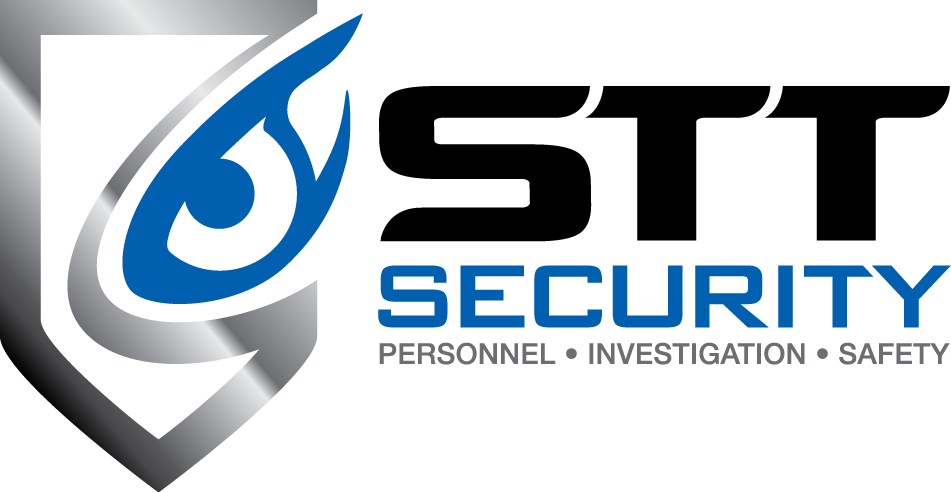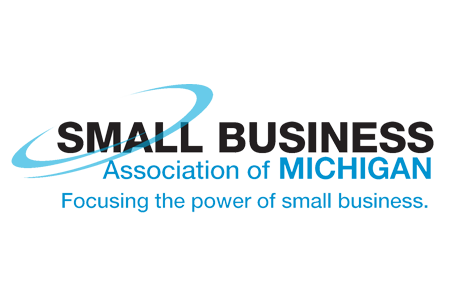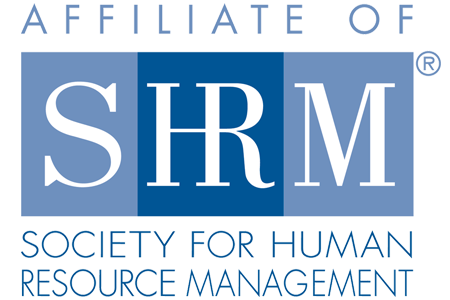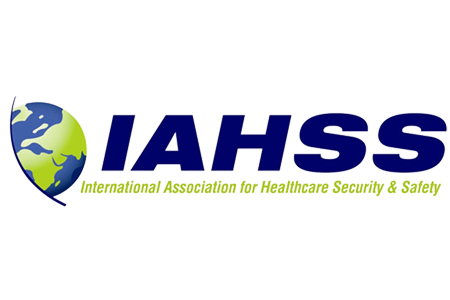Industrial Plant Security Guard Services
Our professionally trained security guards are available nationwide 24/7.
Call now to request a FREE QUOTE!
Industrial and manufacturing facilities, particularly those involved in sensitive sectors like petrochemical, food manufacturing, and semiconductor production, face unique security challenges that necessitate robust security measures. Hiring security guards is crucial for safeguarding these facilities and ensuring their continued operation. By providing a secure and safe environment, security guards contribute to the success and sustainability of these vital industries. Here’s how:
- Protecting High-Value Assets and Materials:
- Expensive Equipment
These facilities house highly specialized and expensive machinery, tools, and raw materials. This equipment, particularly in semiconductor manufacturing, can be incredibly costly and difficult to replace, making it a prime target for theft. Security guards deter theft and vandalism, protecting the substantial investment in these assets. - Proprietary Information
Manufacturing, especially semiconductor production, often involves valuable trade secrets, formulas, designs, and intellectual property. Security guards are vital for protecting this information from unauthorized access, espionage, and competitive intelligence gathering. - Hazardous Materials
Petrochemical and some food manufacturing facilities handle hazardous chemicals and materials. Security guards ensure these substances are handled and stored correctly, preventing accidents and potential environmental disasters. In semiconductor manufacturing, specialized and often hazardous gases are used, requiring careful control and security.
- Ensuring Safety and Preventing Accidents:
- Dangerous Environment
Industrial settings, including semiconductor cleanrooms, can be hazardous with heavy machinery, chemical processes, and potential for accidents. Security guards can enforce safety protocols, monitor worker activity, and help prevent accidents. - Emergency Response
They are trained to respond to emergencies, such as fires, chemical spills, or medical incidents, ensuring the safety of personnel and minimizing damage. In semiconductor facilities, rapid response to incidents involving specialty gases is critical. - OSHA Compliance
Security measures, including guards, help facilities comply with Occupational Safety and Health Administration (OSHA) regulations, reducing the risk of fines and legal issues.
- Maintaining Security & Preventing Intrusions:
- Controlling Access
Security guards control access points, verifying credentials and ensuring that only authorized personnel enter the facility. This is crucial for preventing unauthorized access to sensitive areas and protecting against sabotage. In semiconductor manufacturing, access control to cleanrooms and other sensitive areas is paramount. - Perimeter Security
They patrol the perimeter, monitor surveillance systems, and respond to any suspicious activity, deterring trespassers and preventing intrusions. - Protecting Against Terrorism and Espionage
Industrial facilities, especially in critical infrastructure sectors like petrochemicals and semiconductor manufacturing, can be potential targets for terrorism or economic espionage. Security guards play a vital role in preventing and responding to such threats.
- Mitigating Liability and Legal Risks:
- Preventing Incidents
By ensuring a safe and secure environment, security guards help reduce the risk of accidents, injuries, and other incidents that could lead to liability claims. - Documentation
In the event of an incident, security guards can document the scene, gather information, and provide detailed reports, which can be crucial in defending against liability claims. - Regulatory Compliance
Security measures help facilities comply with various environmental, safety, and security regulations specific to their industry, reducing the risk of fines and legal issues. Semiconductor manufacturing, for instance, has strict regulations regarding the handling of hazardous materials and waste.
- Enhancing Operational Efficiency:
- Minimizing Disruptions
Security guards help prevent disruptions to production and operations, such as theft, vandalism, or accidents, ensuring that the facility runs smoothly. In semiconductor manufacturing, downtime can be incredibly costly. - Improving Productivity
A safe and secure environment allows workers to focus on their tasks without worrying about security concerns, leading to increased productivity.
Specific Considerations for Petrochemical, Food Manufacturing, and Semiconductor Manufacturing:
- Petrochemical
These facilities require heightened security due to the hazardous materials they handle and their potential as targets for terrorism or sabotage. Security guards are crucial for preventing accidents, ensuring proper handling of chemicals, and protecting against external threats. - Food Manufacturing
Food safety is paramount in this sector. Security guards can help ensure that only authorized personnel have access to production areas, preventing contamination and protecting against tampering. They can also help enforce hygiene and safety protocols. - Semiconductor Manufacturing
These facilities require extremely high levels of security due to the value of the intellectual property, the sensitivity of the manufacturing processes, and the potential for economic espionage. Security guards are essential for protecting cleanrooms, controlling access to sensitive areas, and preventing the theft of designs or equipment.
STT Security: Your Trusted Partner
If you would like to leverage the years of experience STT Security Services has in supporting industrial plants, contact us today.









